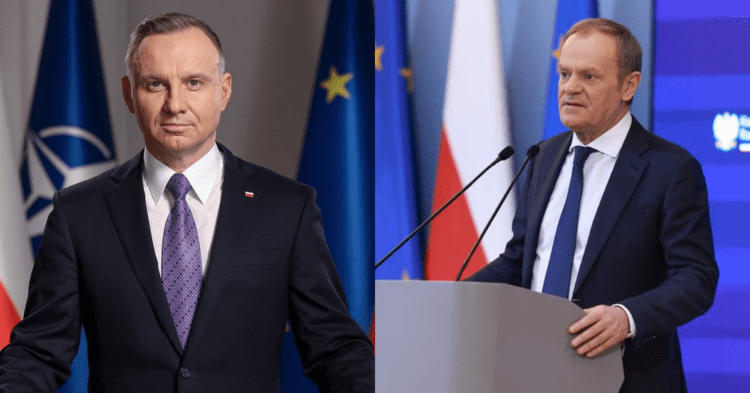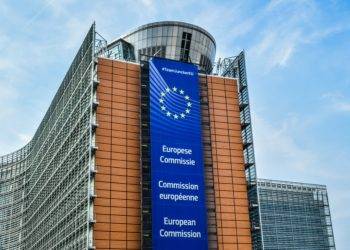In a recent and controversial statement, former U.S. President Donald Trump has declared that, should he return to the White House, he would not assist NATO countries attacked by Russia if they were delinquent in their payments to the alliance. This stance prompted Tusk to suggest the matter as a topic for a forthcoming Cabinet Council, seeking President Andrzej Duda’s attention. President Andrzej Duda later addressed the situation, emphasizing that insulting half of the U.S. political scene does not serve Poland’s interests.
Trump, who is likely to be Joe Biden’s opponent in the upcoming U.S. presidential elections, made these comments at a voter meeting in South Carolina. He recounted a conversation with a NATO country leader about whether the U.S. would defend them in case of a Russian attack if they had not met their payment obligations. Trump’s blunt response was that he would not protect them and might even encourage Russia to do as it pleases, highlighting the necessity of settling bills.
The former president’s statement has stirred considerable controversy on both sides of the Atlantic. White House spokesperson Andrew Bates condemned the remarks, stating that encouraging invasions by murderous regimes against close allies is both terrifying and unhinged. Prime Minister Tusk took to the X platform to voice his concerns, directly addressing President Duda and questioning if Trump’s stance should be discussed in the Cabinet Council.
President Duda has scheduled a Cabinet Council meeting for February 13th to discuss various government perspectives, including investments in the country like the Central Communication Port and nuclear power plants. Duda’s response to the controversy underscored the importance of a strong Polish-American alliance, regardless of the political leadership in either country.
President Duda, in his response, emphasized the importance of maintaining a robust Polish-American alliance, independent of the prevailing political powers in both countries. He underscored Poland’s commitment to defense spending, which exceeds the NATO guideline of 2% of GDP, as a testament to the country’s dedication to its own security and that of the alliance. Duda also criticized the practice of alienating political factions within the United States, arguing that such approaches undermine Poland’s strategic and security interests.
This discourse comes amidst broader debates on international relations and defense commitments, particularly in the context of the ongoing conflict in Ukraine. Tusk’s and Duda’s reactions reflect Poland’s complex position on the global stage, navigating between its commitments to NATO, its relationship with the U.S., and the imperative of national security. As the political climate heats up in the U.S. and abroad, the implications of Trump’s comments and the responses from Polish leaders underscore the intricate dynamics at play in international alliances and security strategies.
- Follow us on X (Twitter) to stay up to date with News from Poland.


















